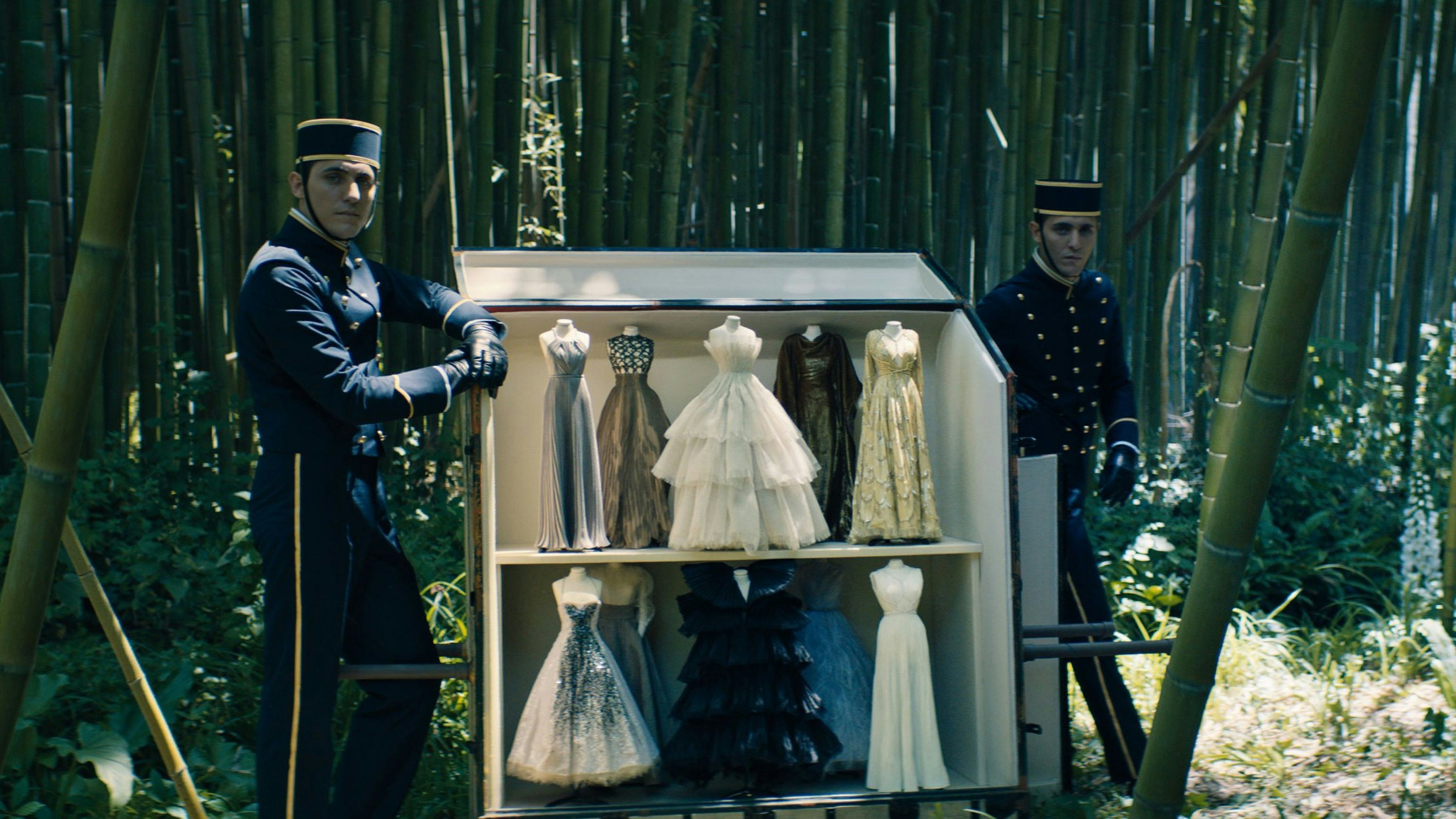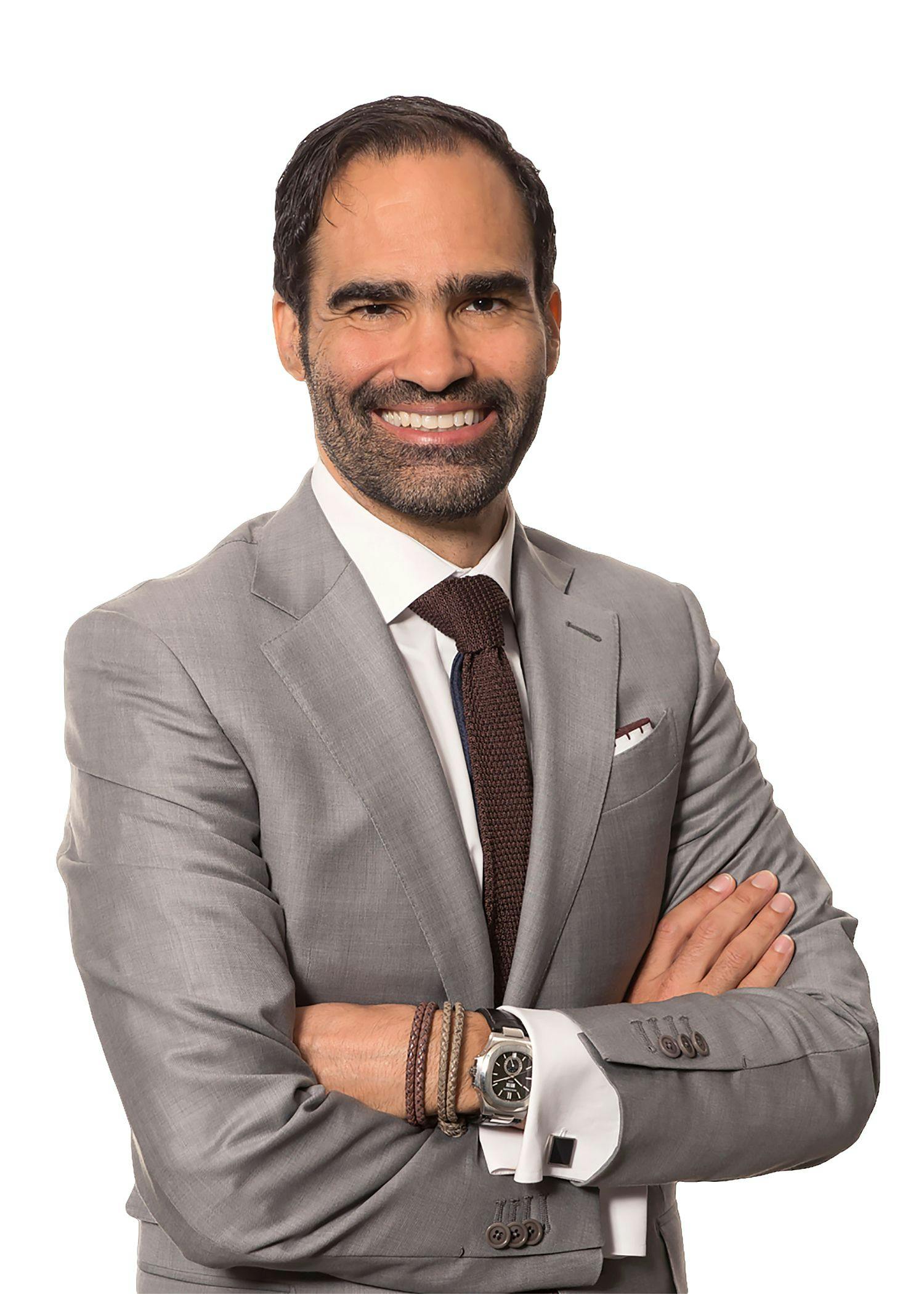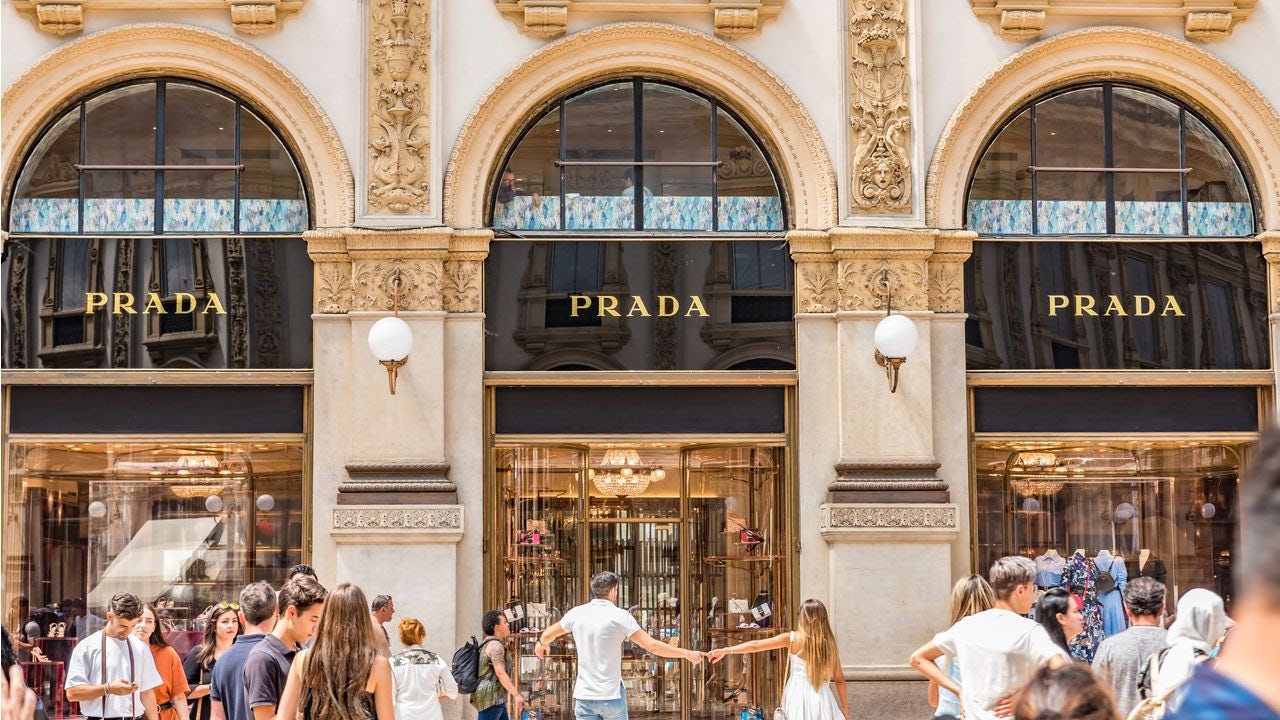Key Takeaways:#
Brands should know that friendly, proactive, competent, and inspiring service is expected in luxury. It is not a differentiator; it is the minimum requirement.
In luxury, experience audits that go far beyond post-purchase questionnaires are needed. Experience audits must include the competition to ensure that a brand offers something significantly different from its competitors.
While the overall online luxury shopping experience has improved, few brands have differentiated from others digitally, and even fewer brands have created superior end-to-end digital experiences.
Whether you’re in the luxury mall Plaza 66 in Shanghai, strolling down Rodeo Drive in Los Angeles, or shopping in Ginza in Tokyo, you expect a luxurious experience from your visit. And even when you’re sitting in your living room and ordering luxury items online, you expect a luxury brand to make you feel special during that process.
So how should a luxury experience feel? When I review the service handbooks of almost every luxury brand, the common phrase I almost always see is “our staff must provide world-class service.” Let’s start with that phrase.
If I received that brief as a salesperson, honestly, I would not know what is expected from me. What does offering “world-class” service even mean? Perhaps it means being friendly, caring for customers, or supporting them. But the problem with these types of words is that they are empty and shallow. They are not actionable. And, most importantly, they do not provide any clarity about what the staff should do and what role they have in creating the brand experience.
World-class service can mean different things to different people, but it does not specify anything distinct about what a brand stands for or how its experience should feel. Many luxury brands still predominantly focus on creating beautifully crafted products, but their holistic brand experiences remain afterthoughts. As a result, when we enter their fancy showrooms, we feel like their service experiences hardly differ. Blindfolded, we may not know whether we are in the store of brand A, B, or C.
One time, on a project for a luxury brand, I encouraged the leadership team to join me on a visit to several of their competitors’ stores. We stayed in each store for about thirty minutes, asked questions, compared the merchandise, and simulated shopping interest. After this exercise, the leadership team was shocked: There was zero distinction between those branded experiences.
Brands should know that friendly, proactive, competent, and inspiring service is expected in luxury. It is not a differentiator; it is the minimum requirement. But, sadly, many brands stop there. They should not just teach their staff how to create exceptional experiences but also a branded experience. Making sure a brand differentiates its experience delivery from other brands is critical to standing out in a sea of sameness.
But a precondition for properly training staff is having full clarity on the brand’s rational and emotional equity. In other words, every person who delivers a brand experience needs to know their precise role, how to deliver exceptional value to customers, and how to make them feel. Creating a brand-specific atmosphere with a distinct “vibe” is more critical than ever because the competition in luxury is more vast and global than ever.
Doing that requires a meticulous experience strategy, rigorous planning, and highly-trained staff. It also requires experience audits that go far beyond post-purchase questionnaires. Experience audits must include the competition to ensure that a brand offers something significantly different from its competitors.
But another point of contact many brands neglect is their digital journeys, which are usually weak spots for most. While the overall online shopping experience has improved, few brands have differentiated from others digitally, and even fewer brands have created superior end-to-end digital experiences.
In short: Brands need to put the customer at the center of all activities, thereby creating an integrated digital and physical experience strategy that revolves around them. Doing that should result in extreme value creation across every touchpoint. Only then can a brand create a truly luxurious experience.
Daniel Langer is CEO of the luxury, lifestyle and consumer brand strategy firm Équité, and the professor of luxury strategy and extreme value creation at Pepperdine University in Malibu, California. He consults some of the leading luxury brands in the world, is the author of several luxury management books, a global keynote speaker, and holds luxury masterclasses in Europe, the USA, and Asia. Follow @drlanger


